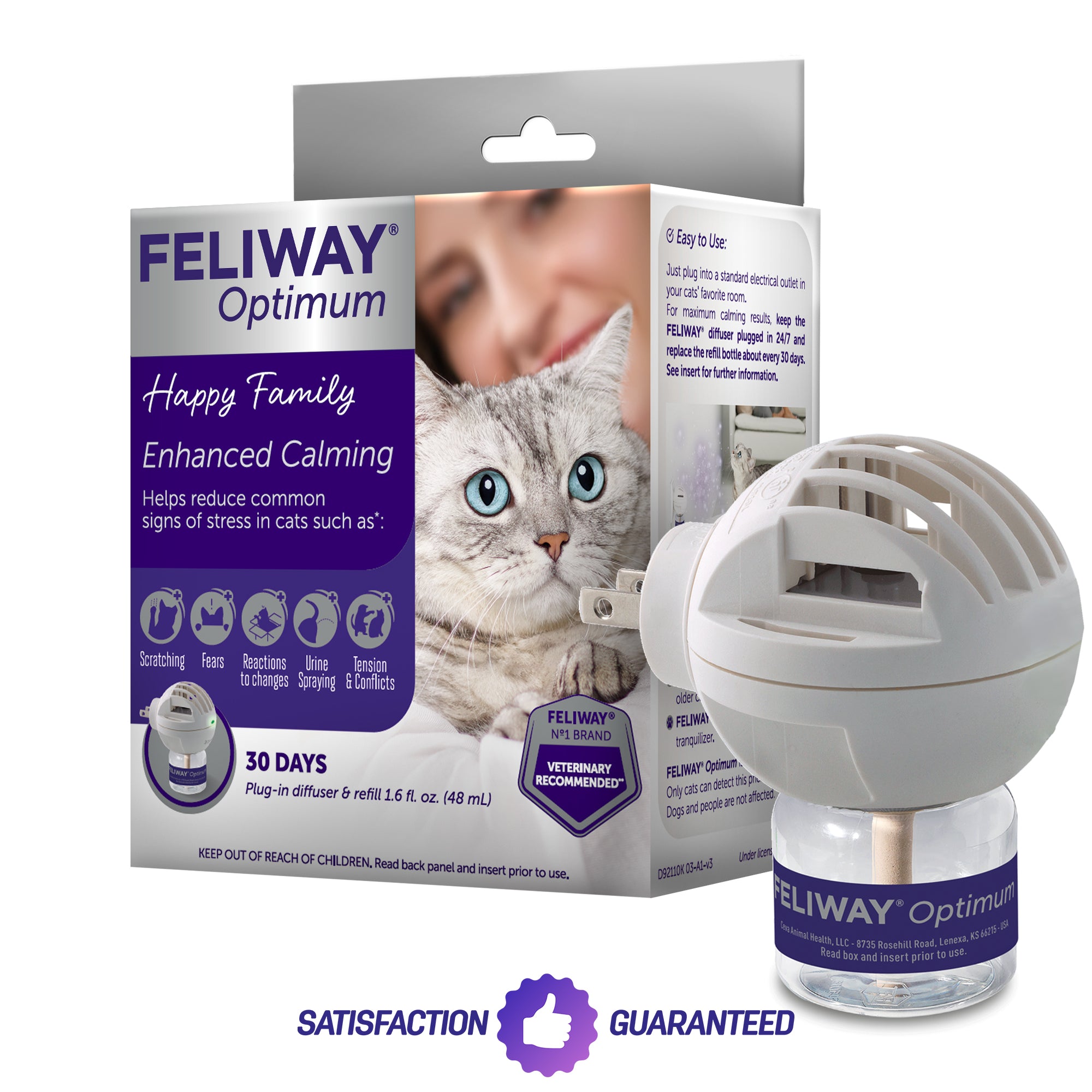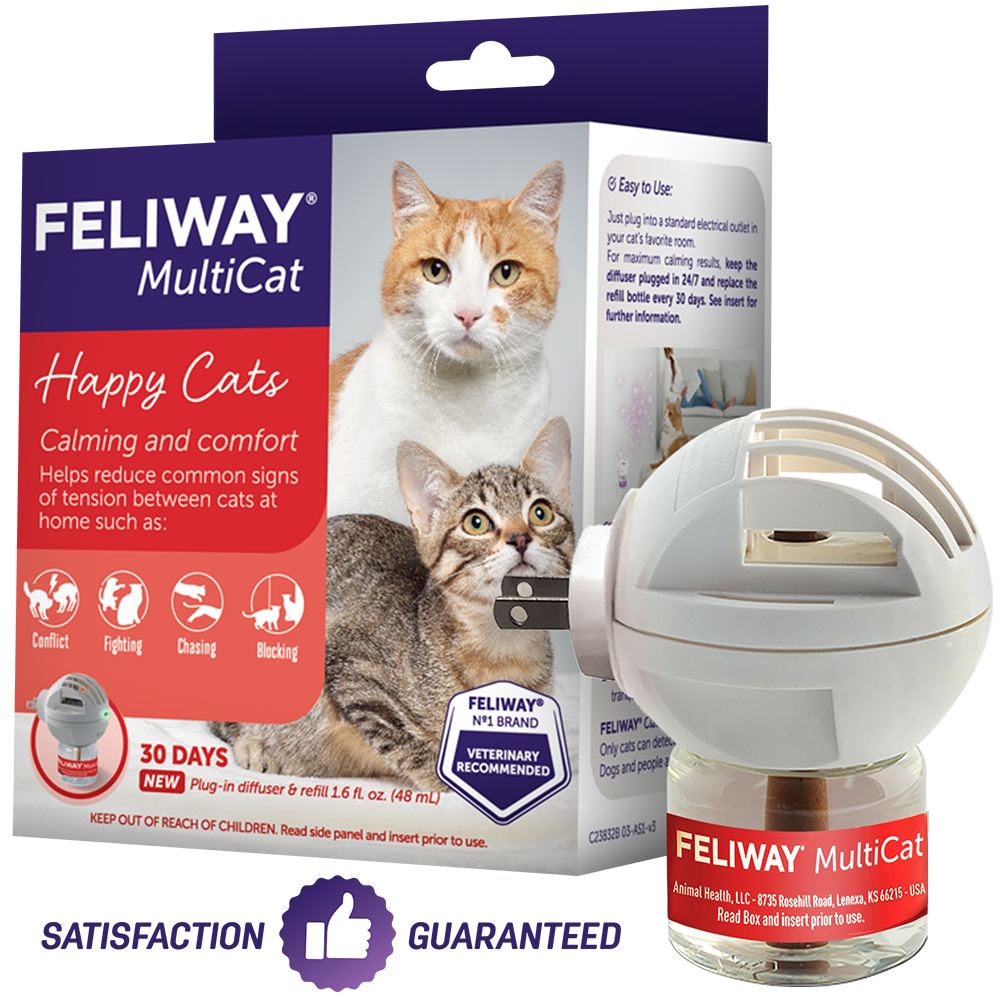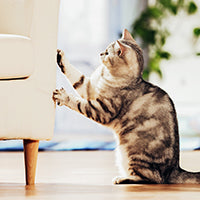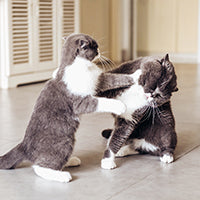Cats Don’t Like Loud Noises! A Cat’s Point of View!
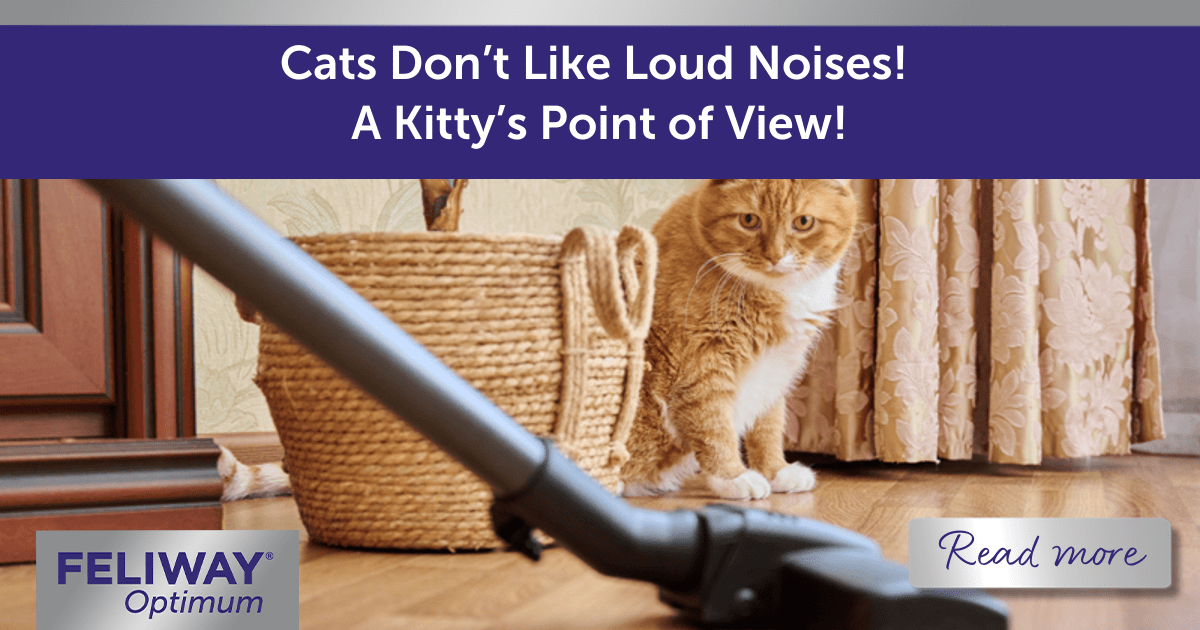
My feline friends and I are very lucky to have great hearing – after all, in the wild, our ancestors needed it to hone in on their prey. Our hearing is even better than a dog’s! We have one of the widest ranges of hearing amongst mammals, and this enables us to hear anything that makes a very high-pitched noise – which gives us an edge when there are mice around!.
But, because our ears are sensitive to loud noises, these can be particularly scary if we don’t expect them or know what causes them. For example, a sudden noise from a doorbell, a door slamming, or even a whistling kettle can make us run to our safe space. And don’t get me started on thunder or fireworks! They are the most scary; not only do they make loud noises, they hiss and bang and also have flashing lights!

Learn how to spot the signs that a cat is scared of loud noises
I have become used to some loud noises in my home; when I see my pet parent putting clothes in the washing machine, I know that there will be a noise in the kitchen for a while, so I take myself off into my favorite room where FELIWAY Optimum is plugged in, because I know it may help me to feel calm.
Most noises will not sound loud to humans, because their hearing is not as good as ours, but pet parents should get to know the signs of a kitty that is scared of a loud noise.
- The obvious one is when your cat darts out of the room quickly and hides away.
- You might find your cat grooming themselves to try and feel comfortable, and distract themselves from the noise.
- Or, we may stand very still, with dilated pupils and flattened ears; or in some cases, we may show signs of redirected aggression (lashing out at something close by).
How to help your cat cope with loud noises
My pet parents now know exactly what I am comfortable with – and they have made every effort to make adjustments where I am not comfortable.
- Every time their phone rang, I used to run out of the room. They have now changed the ring tone and turned the volume down, so I am not scared any more.
- They make sure I have access to my safe spot all the time, and have even made a cosy spot with a cardboard box for me under their bed, so that loud noises are muffled.
- When they are cleaning with a vacuum cleaner, they put me in another room and close the door with the radio tuned into my favorite music.
- I noticed that they bought a new gadget for the kitchen – a food mixer – which makes a strange noise and spooked me a bit when I first heard it. But they used it only gradually to start with, and now I don’t mind it so much.
- When there are any firework celebrations, they make sure they close the curtains so that I can’t see flashing lights, they stay in a room with me and we watch the TV or play games together to distract me from the loud noises outside. They also make sure all my resources are in the same space, so that I don’t need to leave the room until it's all over.

Help us to adjust
Please don’t punish or scold us if we show signs of being afraid of loud noises – we really don’t like feeling scared! Instead, try to:
- Introduce new sounds and noises gradually, for example new gadgets, so that they become a regular part of our day-to-day routine.
- Make sure we have access to our safe spot (or two!). My favorite places are under my pet parent’s bed, on top of the wardrobe, and behind a cupboard.
- Make sure your cat doesn’t try to hide somewhere unsafe, like inside a washing machine. If you find them in there, gently coax them out and put them somewhere else that is safer.
- Desensitize them gradually to a noise they don’t like – for example, play the radio at a low volume to start with, and gradually increase it to a volume that suits you both. A treat or two when we are calm will help us adjust, and encourage us to remain calm in this situation in future!
- Play some pet therapy sound effects, or play music to soothe your cat.
However, always be aware that if your kitty seems to be responding to loud noises more than they used to, there may be an underlying medical issue that needs to be checked out by your vet. An accredited behaviorist will also be able to help you with an individual plan for your cat to help them cope with loud noises.

